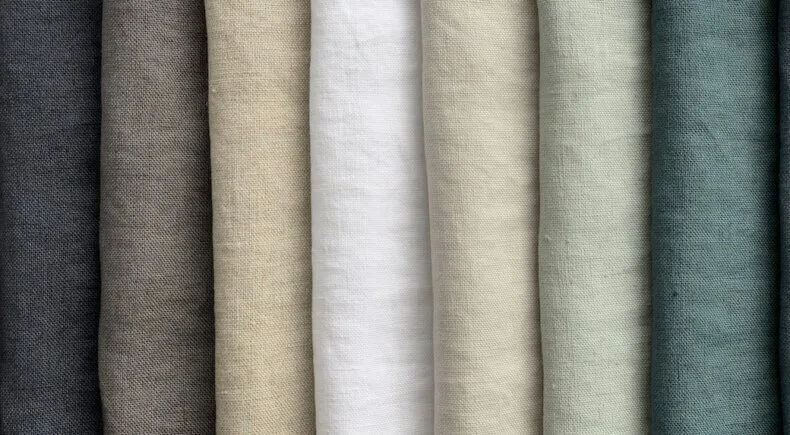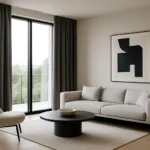Linen fabric has been cherished for centuries for its natural elegance, breathability, and durability. In Egypt, linen fabric holds a special place in the world of textiles, thanks to the country’s ancient history with flax cultivation and its climate, which is ideal for producing high-quality linen. Whether you are a fashion designer, a home decorator, or simply someone who appreciates the comfort and style of linen, understanding the value of linen fabric in Egypt and knowing where to buy the best linen is essential. This article will explore the unique qualities of linen fabric, its uses, and why El Khawaga Fabrics is the top destination for linen fabric in Egypt.
The Legacy of Linen Fabric in Egypt
Linen fabric’s story in Egypt dates back thousands of years. Ancient Egyptians were among the first civilizations to master the cultivation of flax and the production of linen. Linen was a symbol of prestige, purity, and wealth, often used in the garments of pharaohs and the wrappings of mummies. Its coolness and breathability made it the perfect choice for Egypt’s hot climate, and it remains a staple in Egyptian households and wardrobes to this day
Modern Egyptians continue to value linen for its comfort and timeless style. Linen fabric is still widely used for clothing, home textiles, and décor, blending ancient tradition with contemporary design.
The Unique Qualities of Linen Fabric
Linen fabric is made from the fibers of the flax plant, giving it several remarkable properties:
-
Breathability: Linen is highly breathable, making it ideal for hot climates like Egypt’s. It allows air to circulate, keeping you cool and comfortable.
-
Moisture-Wicking: Linen absorbs moisture quickly and dries fast, which helps prevent the buildup of sweat and keeps the fabric feeling fresh.
-
Durability: Linen is one of the strongest natural fibers. With proper care, linen garments and textiles can last for many years.
-
Natural Elegance: Linen has a subtle sheen and a crisp texture that exudes sophistication, whether used for clothing or home décor.
-
Hypoallergenic: Linen is naturally resistant to dust and allergens, making it a healthy choice for sensitive skin and allergy sufferers
-
Eco-Friendly: Flax cultivation requires fewer pesticides and less water than cotton, making linen a sustainable fabric choice.
Popular Uses of Linen Fabric in Egypt
Linen fabric’s versatility makes it a favorite in many Egyptian homes and businesses. Common uses include:
-
Clothing: Linen shirts, dresses, pants, and abayas are popular for their comfort and breathability, especially during the hot summer months.
-
Curtains and Drapes: Linen’s natural texture and light-filtering qualities make it a top choice for stylish, elegant window treatments.
-
Upholstery: Linen is often used for sofas, chairs, and cushions, adding a touch of luxury and durability to home interiors.
-
Table Linens: Tablecloths, napkins, and runners made from linen elevate any dining experience with their refined look and feel.
-
Bedding: Linen sheets and pillowcases are prized for their coolness and ability to regulate temperature throughout the night.
Why Choose El Khawaga Fabrics for Linen Fabric in Egypt?
When it comes to sourcing the best linen fabric in Egypt, El Khawaga Fabrics stands out as the leading destination. Here’s why El Khawaga is the top choice for linen lovers:
Extensive Selection
El Khawaga Fabrics offers a wide range of linen fabrics by the yard, including plain, printed, and embroidered styles. Whether you’re looking for classic white linen, vibrant printed designs, or luxurious textured linen, you’ll find it all in one place13. Their collection is suitable for both fashion and home décor projects.
Superior Quality
Quality is a hallmark of El Khawaga Fabrics. All linen fabrics are carefully sourced and inspected to ensure they meet the highest standards of durability, colorfastness, and texture. Customers can trust that their linen purchases will maintain their beauty and strength over time3.
Competitive Prices
El Khawaga balances premium quality with affordable pricing. The store frequently offers promotions and discounts, making it possible to buy high-quality linen fabric in Egypt without overspending. For example, their recent sales on printed linen allow customers to transform their spaces at a great value
Expert Customer Service
The knowledgeable staff at El Khawaga Fabrics are always ready to assist with fabric selection, care instructions, and design ideas. Whether you’re a professional designer or a DIY enthusiast, you’ll receive personalized advice to help you choose the perfect linen fabric for your needs
Customization and Special Orders
If you require a specific color, pattern, or texture, El Khawaga Fabrics can arrange special orders and customizations to match your exact requirements. This flexibility is especially valuable for designers and decorators working on unique projects
Convenient Locations and Online Shopping
With branches in Cairo and Giza, El Khawaga Fabrics is easily accessible for in-person shopping. Their strong online presence also allows customers across Egypt to browse collections, check prices, and place orders from the comfort of their homes
Linen Fabric in Egypt: A Sustainable and Stylish Choice
Choosing linen fabric in Egypt means embracing a textile with deep historical roots and modern appeal. Linen’s breathability, strength, and eco-friendly nature make it an excellent option for clothing, home décor, and more. Whether you’re seeking comfort in the summer heat or aiming to add a touch of timeless elegance to your interiors, linen fabric is the answer.
For the best selection, quality, and service, El Khawaga Fabrics is the ultimate destination for linen fabric in Egypt. Visit their stores or explore their online shop to discover the finest linen fabrics for all your creative projects.
Experience the beauty and durability of linen fabric in Egypt—choose El Khawaga Fabrics for your next project and enjoy the perfect blend of tradition, quality, and modern style.
Don’t miss out on the opportunity to visit our El Khawaga Fabrics branches in Cairo and Giza.



